Published 30 July 2017 ● Last Updated on 30 September 2020
New grade, new teachers, new classmates…. Are you off to match it with new supplies too? Before you head to the stores, use our 9 tips as a guideline on what to buy, and what not to buy. After all, the cost of anything we purchase isn’t borne not just by our wallet, but also the environment.
#1 TOSS THE TISSUES
Carry a cloth napkin instead of tissues with lunch; carry handkerchiefs instead of wipes. Just these two easy steps will greatly reduce the amount of trash you generate in the forever-flu-season of Singapore!
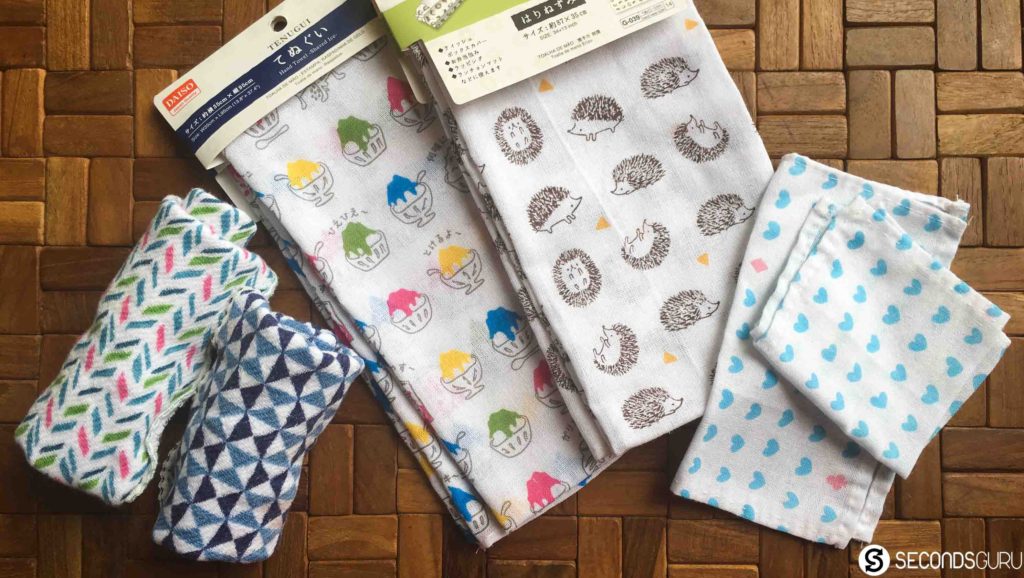
Tip: Stores from Japan – where cloth is the norm – are great places to pick up colourful tenugui and soft oshibori; just head to Daiso and Muji to get reasonably-priced options.
#2. COVER STORY
Note books, text books – whatever you need to cover – this year, use newspapers or even maps saved from your travels instead of the usual brown paper. If you do use newspaper, use a double layer to make the cover sturdy. Add character to it with pictures, washi tape and you’ll love it. This next point might surprise some of you, but using a plastic sleeve up on top of the paper cover will extend the life of the note book and the hard work putting the art work on it. Moreover if kept in good condition, the plastic sleeve can be used year over year to protect your note books!
Tip: Use block-prints to personalise your notebooks – follow our step-by-step guide that shows you how you can create unique patterns.
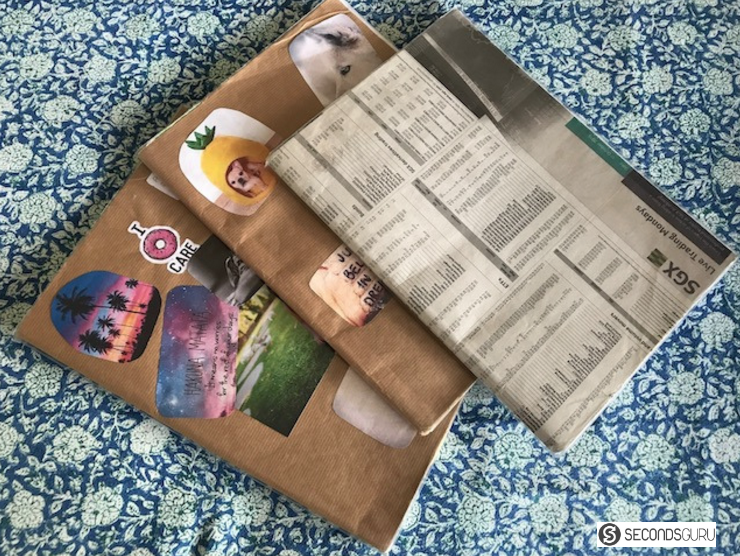
#3 AVOID EXCESS BAGGAGE
Invest in a good quality school bag so it lasts a few years at least, rather than having to change it annually. Getting bored? Jazz it up for next year – think sharpies, accents and colors!
Likewise for stationery -recycle where possible and reuse older stuff instead of trying to upgrade your pencil box / bag every year. As for the barely used note books which have fresh sheets of paper- use them as art paper, card making or rough sheets.
Tip: Instead of buying fresh supplies, buy preloved stationery from Carousell – the app that connects buyers to sellers of new and preloved items in Singapore.
#4 SUPPORT SUSTAINABLE
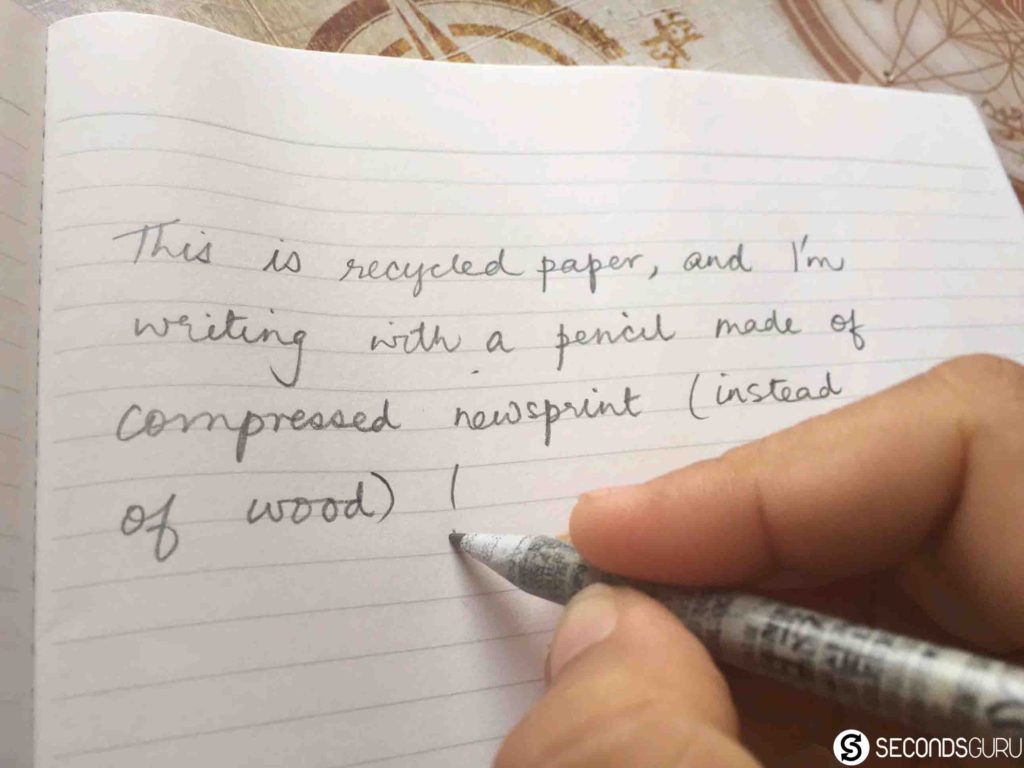
Tip: Eco-fairs are a great place to discover sustainable brands. Follow our eco-events calendar to stay updated!
#5 RECYCLE YOUR READING
Buy used books; pass forward old ones. With the World Wide Web becoming a repository for readily available and current information, a lot of these books are barely used. Do remember to wrap them up in newspaper or any spare paper around the house for the upkeep.
Tip: Bras Basah has many bookstores that sell second-hand materials, ranging from text books and exam sheets to comics and graphic novels!
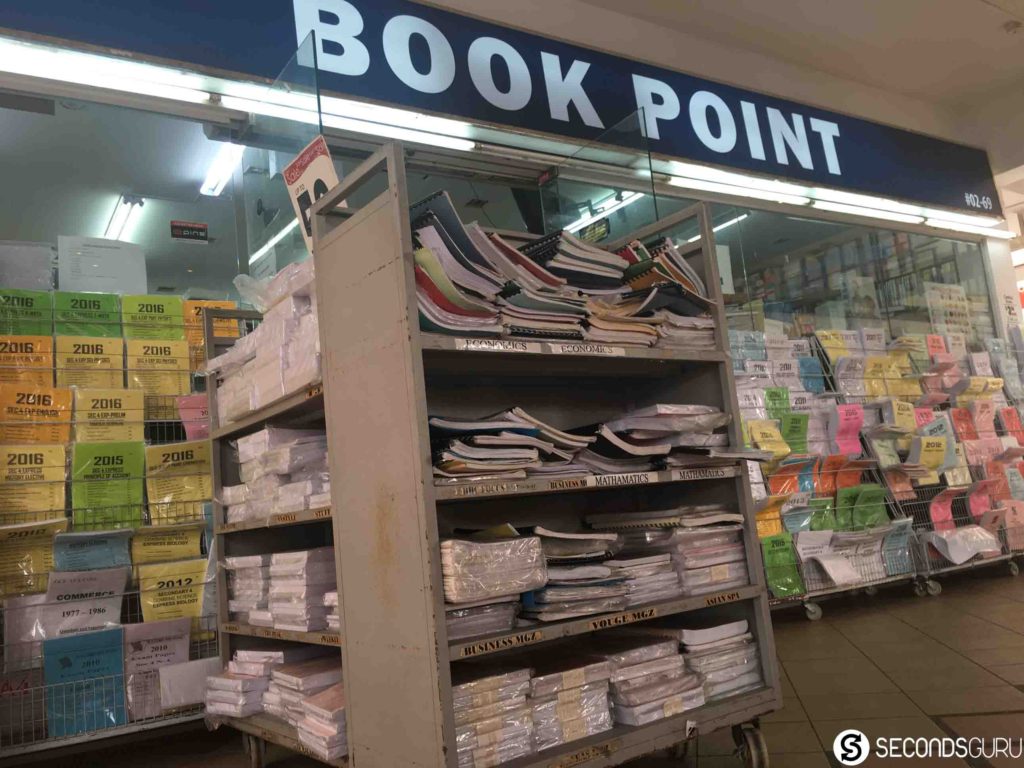
#6 EAT FOOD, NOT PLASTIC
Remove single-use plastics from your lunch box menu, and in fact, aim towards using no plastics at all. At the very least, use a reusable lunch box, not disposables. If you need to buy a lunch box, choose steel over plastic-bodied utensils. Likewise, pack in steel cutlery instead of plasticware.
Don’t clingwrap the food – instead, use cloth napkins or muslin cloth which in fact are better for wrapping fruits / cheese / bread!
Tip: Secondsguru is a fan of Keep Leaf products – see their printed cotton lunch bags, resealable sandwich wraps and snack bags which marry good design with usefulness. We’ve tied up with Neis Haus in a giveaway [Aug 1 – 8, 2017] if you’d like a chance to win them! Just visit our Facebook page and follow the instructions on this post. Or participate via Instagram.
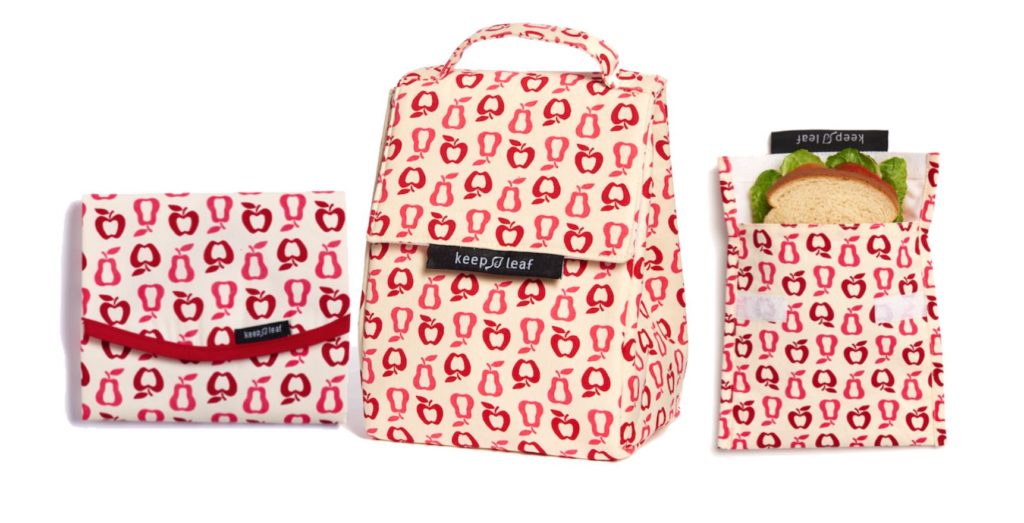
#7 GO STRAWLESS
Plastic straws are the most easily avoidable disposable. If must use straws, try bamboo ones which are high on style and low on waste besides being reusable and environmentally friendly- so you have no excuse to use single-use plastics!
Tip: We’ve seen bamboo straws at cafes in Singapore [NamNam] as well as at stores – Neis Haus, so should be easy to stock up.
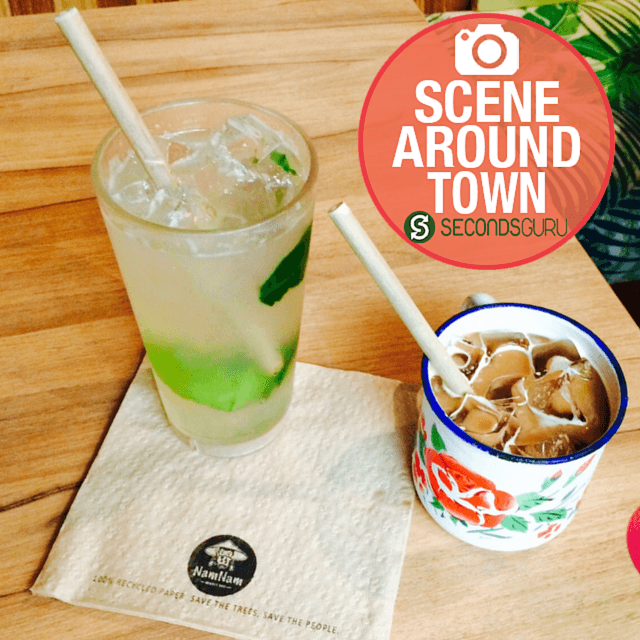
#8 RECYCLE RECYCLE RECYCLE
Done with the your yakult / single-use milk carton? Drop it in the recycling bin in your school (don’t trash it!). Even clean straws can go into the recycling bin. You can set an example for your peers too.
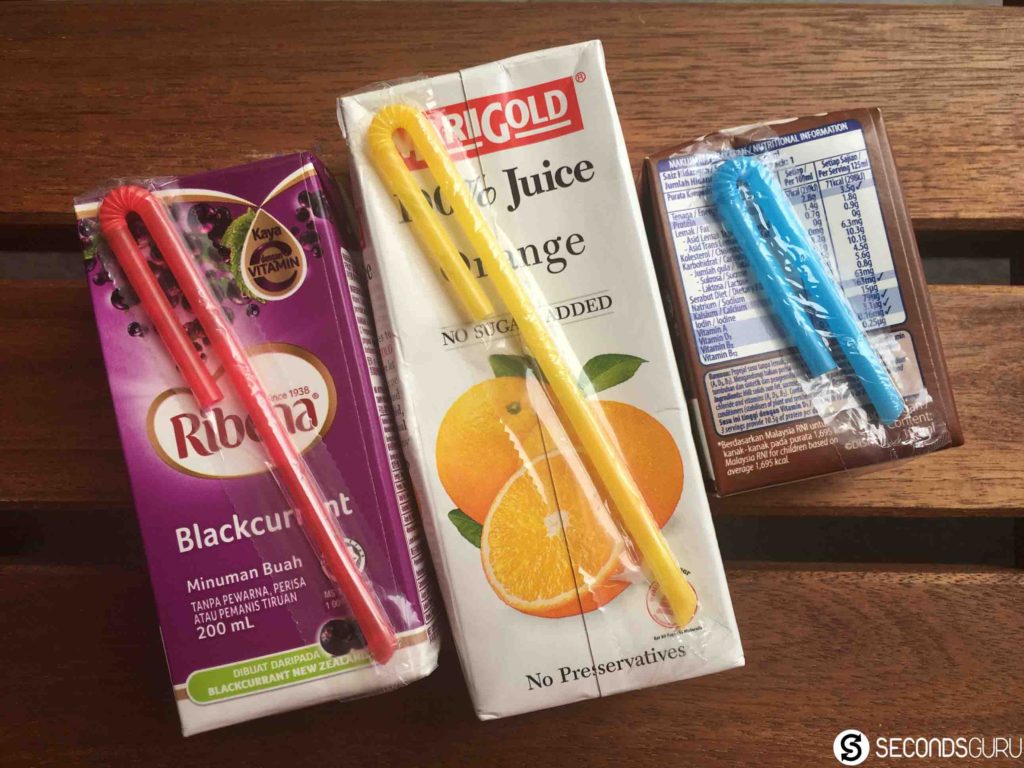
#9 BOTTLE BETTER
Continue to carry a reusable water bottle. In case you are buying new bottles, invest in metal/steel coated ones rather than plastic. Metal lasts long and you don’t have to worry about chemicals leaching into your water supply. Moreover the water remains cool throughout the day- particularly useful on hot hot days!
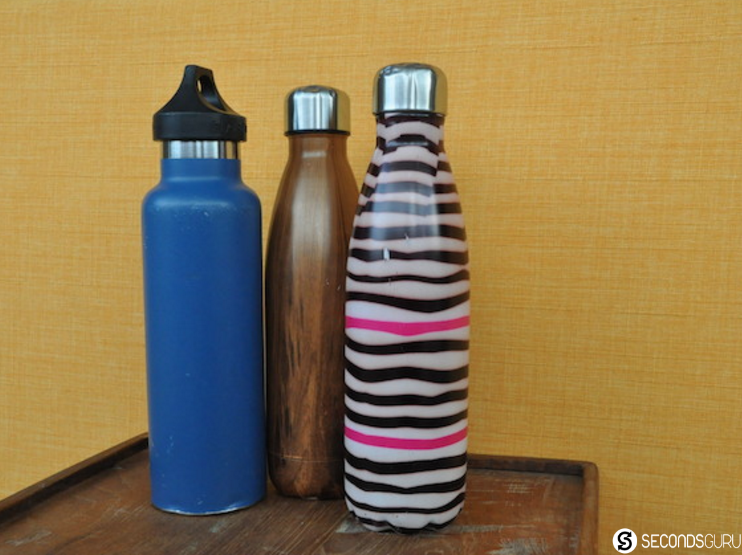
BONUS SECTION – WHAT TO DO WITH THE EXTRAS
Now that the school term is about to kickstart, the spring cleaning on your home would perhaps be done or underway. Do you find yourself grappling with uniforms and clothes the kids have outgrown, shoes that don’t fit anymore, excessive stationary gathering dust (multiple sets of pencils/ erasers/crayons/ sketch-pens) and half/barely used note books? If you think you would like to donate such items to a worthy cause, you can look at this list of Singapore-based organizations that accept pre-loved goods in MINT condition. Remember don’t give what you wouldn’t use yourself!
- Pick one of the listed collection centres for used goods prepared by National Environment Agency [NEA]- Check what items the respective centres accept before heading over to drop off
- This list put together by HoneyKidsAsia is a goldmine of various organizations where you can drop off your pre-loved items ranging from old clothes to unexpired dry food to baby stuff.
- For used uniforms and shoes, most schools have programs in place to collect and pass these on to charities working with underprivileged kids. Just connect with the service co-ordinator in your school for details.
How we buy, what we buy, what we avoid and how we dispose used stuff- all these decisions impact our carbon footprint. We hope you reduce yours with our tips to be environmentally friendly while making these choices- do leave us a note if you have advice to add!

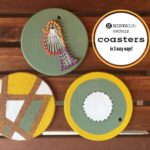
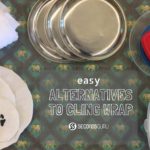
Anabel Bellissa
5 August 2017It is a beautiful complete and really good post. We’ll share it with your permission
Anuja Byotra
8 August 2017Hi Anabel – please email us at admin@secondsguru.com so we know more about your portal? Usually we are okay with excerpts with link-backs on other sites, but a full copy-paste of our hard work isn’t kosher!